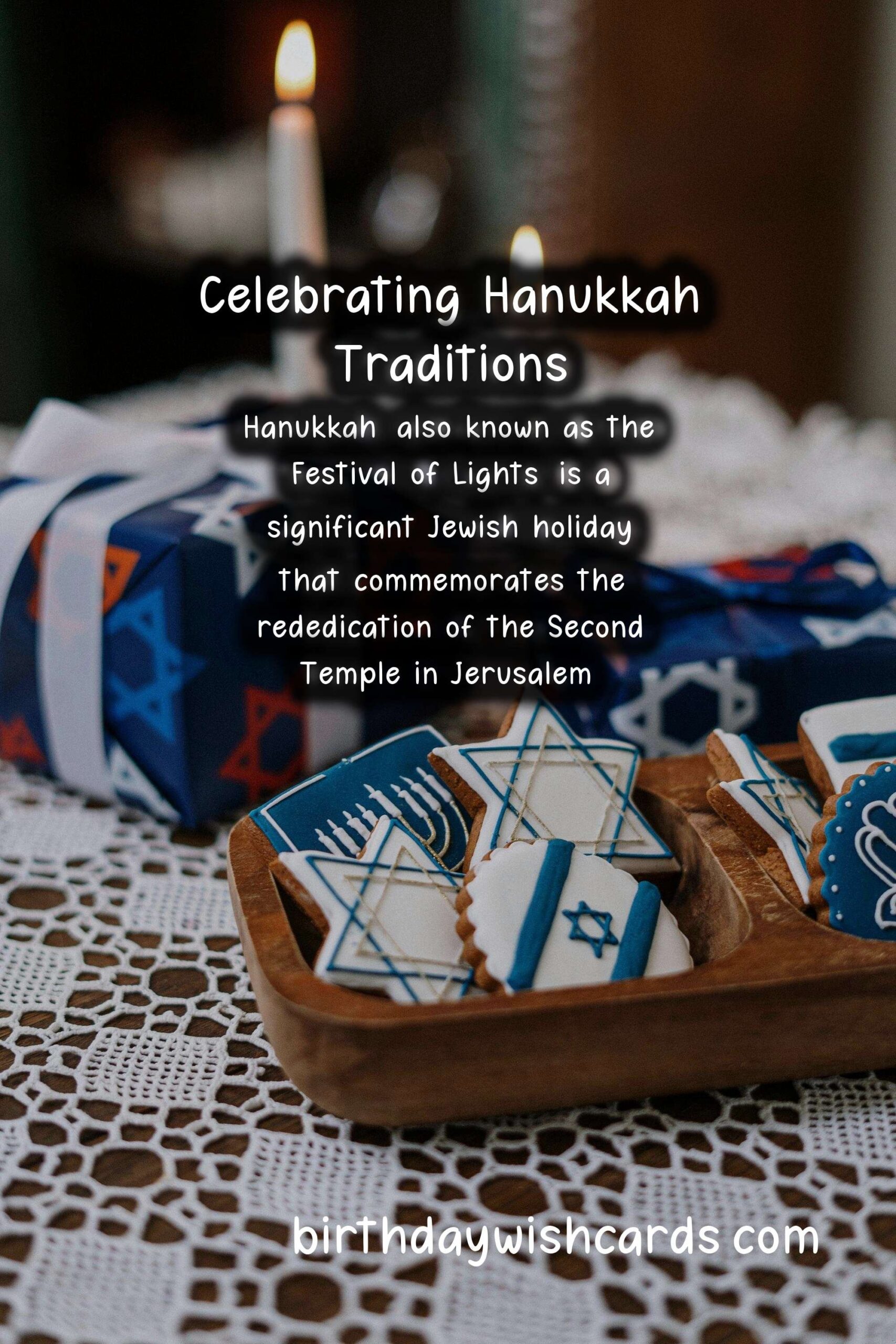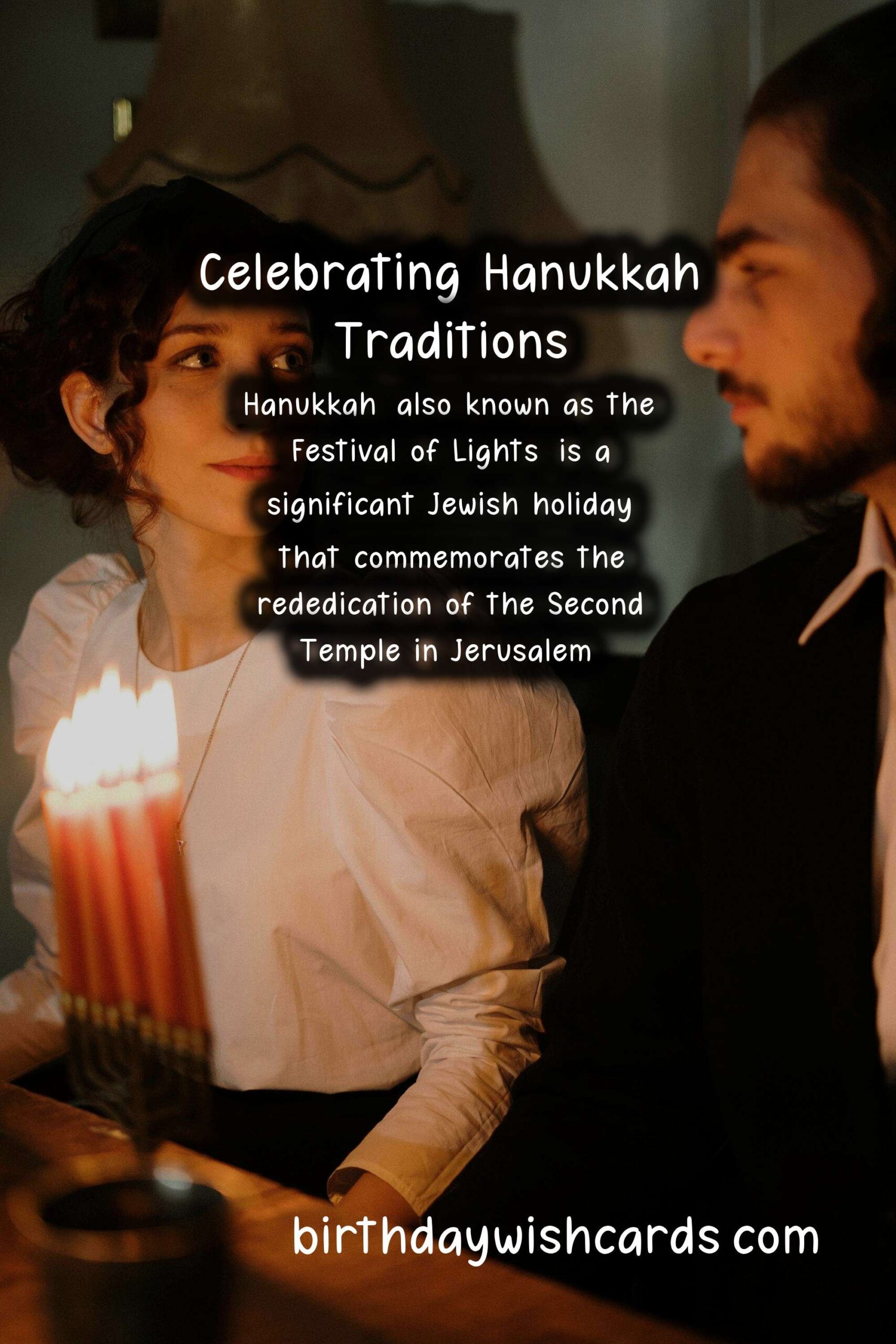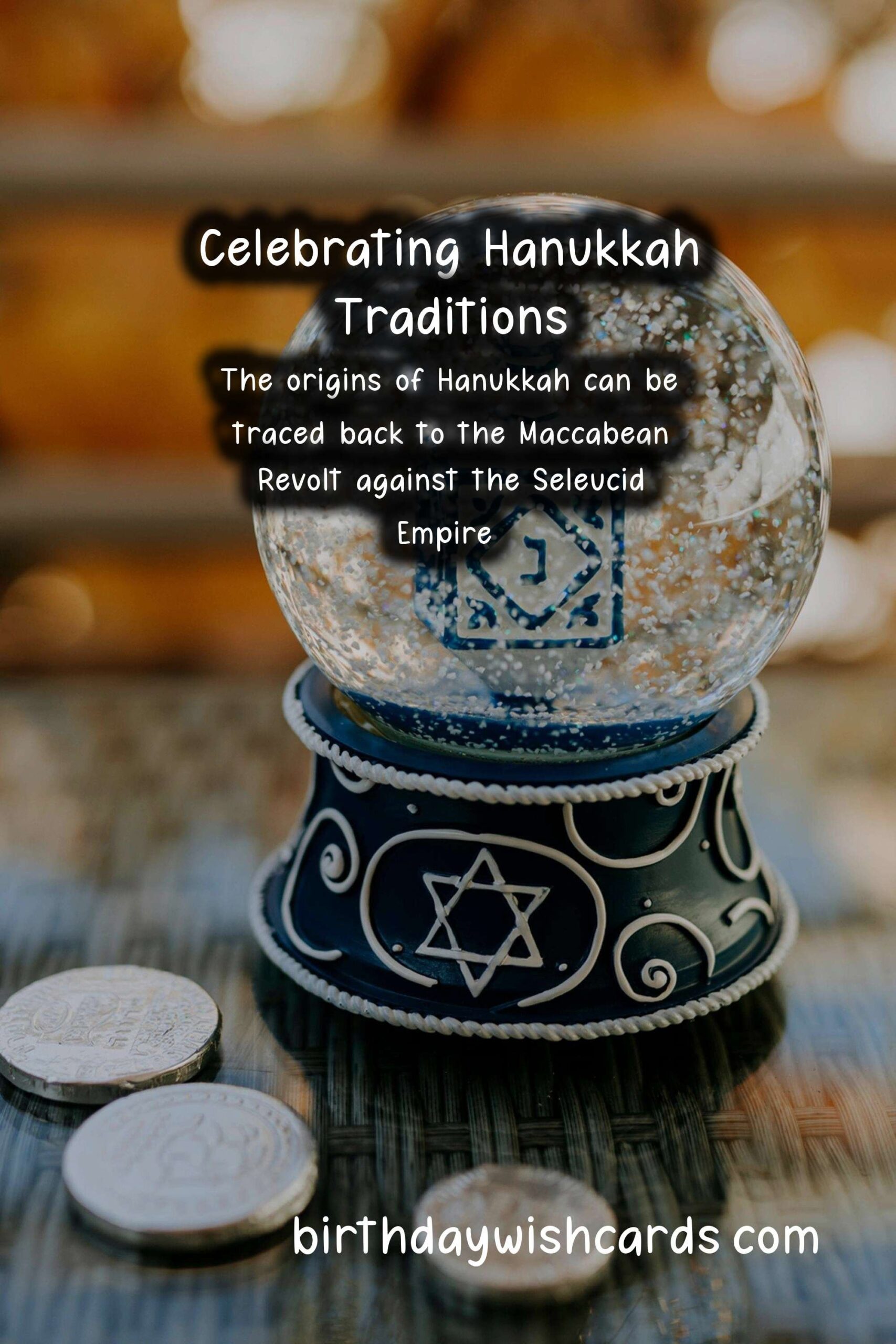The Importance of Hanukkah in Different Cultures
The Importance of Hanukkah in Different Cultures
Hanukkah, also known as the Festival of Lights, is a significant Jewish holiday that commemorates the rededication of the Second Temple in Jerusalem during the second century BCE. While it has deep roots in Jewish history, Hanukkah’s celebration and significance have transcended cultural boundaries, affecting various communities around the world.
1. Historical Background of Hanukkah
The origins of Hanukkah can be traced back to the Maccabean Revolt against the Seleucid Empire. In 168 BCE, the Jewish people revolted against oppressive rule, and after a three-year struggle, they succeeded in reclaiming their temple. The miracle of the oil, which lasted for eight days despite there only being enough for one, serves as the cornerstone of Hanukkah’s observance.
2. Hanukkah Traditions in Jewish Culture
Jewish families celebrate Hanukkah by lighting the menorah, a nine-branched candelabrum, with one candle being lit each night for eight nights. Other traditions include playing dreidel, a spinning top game, and eating foods fried in oil, such as latkes (potato pancakes) and sufganiyot (jelly doughnuts).
3. Hanukkah’s Influence on Global Cultures
The festival of Hanukkah has influenced diverse cultures in various ways:
3.1 Hanukkah in American Culture
In the United States, Hanukkah has gained recognition as a holiday that celebrates Jewish identity amid the Christmas season. Jewish families embrace the festival as a way to share their traditions and culture while also fostering interfaith dialogue.
3.2 Hanukkah in Israeli Society
In Israel, Hanukkah is a national holiday characterized by public celebrations, menorah lighting ceremonies, and community events. The holiday fosters a sense of national pride and unity among Israeli citizens, regardless of their individual religious beliefs.
3.3 Hanukkah in Secular Contexts
Beyond religious observance, Hanukkah has entered popular culture. Secular celebrations often involve parties, gift-giving, and community gatherings that represent inclusivity and social connection.
4. The Educational Value of Hanukkah
Hanukkah provides educational opportunities for individuals of all ages. Schools and community groups often engage in activities that teach the history and values associated with the holiday, fostering understanding and respect among different cultural backgrounds.
5. Hanukkah, a Time for Reflection
For many, Hanukkah is a time for reflection on religious freedom, resilience, and the importance of cultural heritage. The themes of dedication and perseverance resonate across various cultures, reinforcing shared human values.
Conclusion
As Hanukkah continues to be observed by Jewish communities and beyond, its significance becomes a tapestry woven with threads from various cultures. Celebrating Hanukkah is an invitation to explore one’s identity and to embrace the rich diversity that shapes our world.
Hanukkah, also known as the Festival of Lights, is a significant Jewish holiday that commemorates the rededication of the Second Temple in Jerusalem.
The origins of Hanukkah can be traced back to the Maccabean Revolt against the Seleucid Empire.










#Hanukkah #FestivalOfLights






